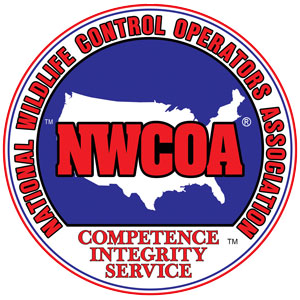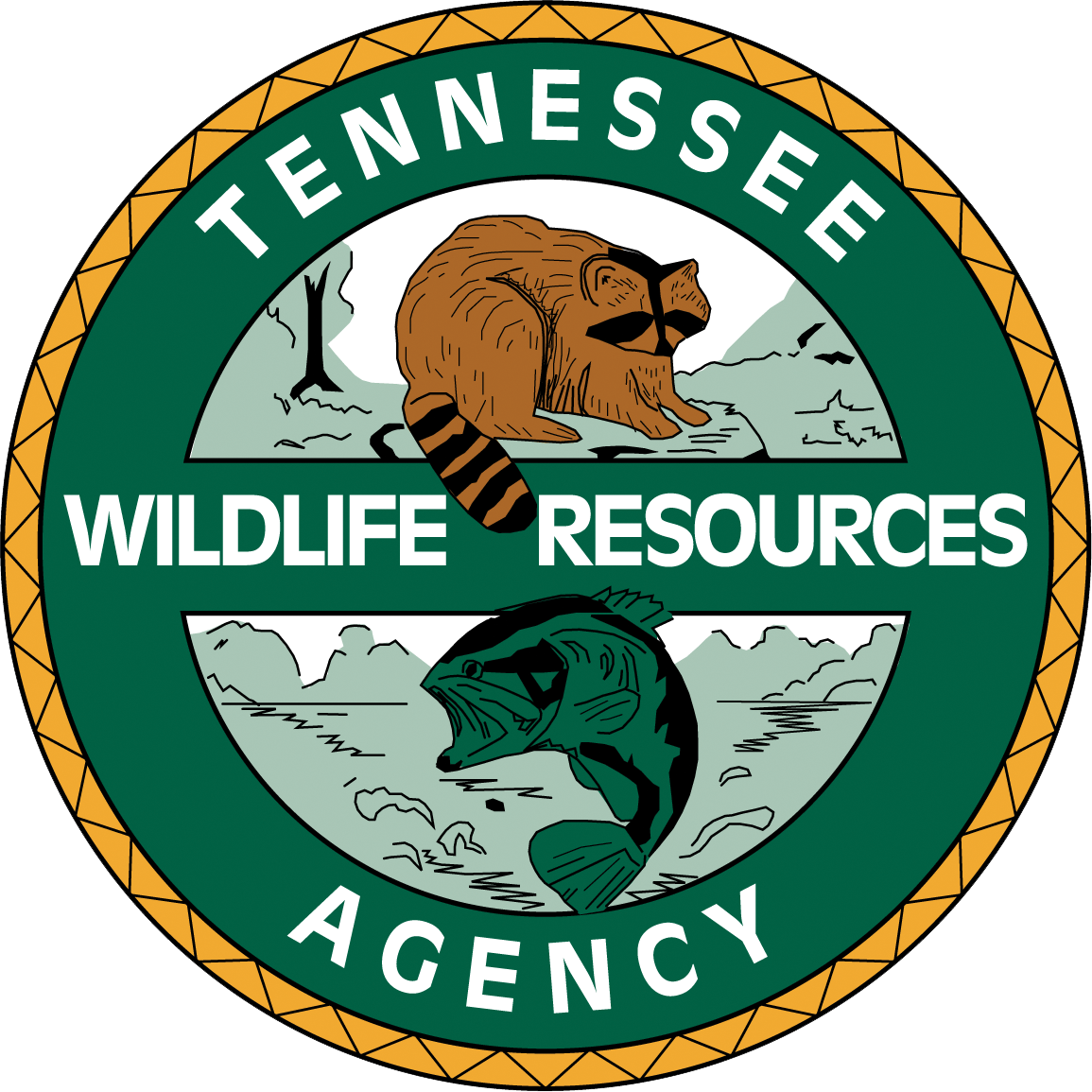Opossums wear the badge of being North America’s only marsupial. This means, like kangaroos, they have a pouch in which they carry and nurse their young. Predominantly active during the twilight hours, these creatures might surprise you if you chance upon them during a late-night stroll or hear them rustling in your backyard. While they generally keep to themselves, they have certain features that are simply fascinating. For instance, their prehensile tails assist in climbing, providing them with an impressive grip as they maneuver through tree branches.
Although generally harmless, they can, at times, pose challenges to homeowners. Opossums are resourceful. They dig beneath structures seeking shelter, which might jeopardize the stability of decks or houses. When cold weather hits, they search for warmth, often finding solace in attics or garages. Here, they can create nests from anything they find, leading to potential property damage and messes.
While they may look unassuming, they have varied diets. They feed on anything from fruits and plants to small animals. This often puts them in competition with native wildlife and sometimes even household pets. They are not naturally aggressors, but when threatened or cornered, they can become defensive.
Beyond property and pet concerns, they can carry diseases like leptospirosis or even tuberculosis. Additionally, being hosts to fleas and ticks means they can inadvertently introduce these pests to your home, putting both pets and humans at risk. Although rare, a frightened one might bite, leading to infections.
Certain signs might indicate a not-so-welcome guest. The sounds of scratching or hissing during nighttime hours, disturbed trash cans, or garden beds that look as though they’ve been rummaged through are clear indicators. Additionally, your pets, with their heightened senses, might act more anxious or agitated if they detect the presence of these nocturnal visitors.
It's common for homeowners to believe they can handle them single-handedly. Yet, without a deep understanding of the creature, these efforts often fall short. Misidentifying their signs or miscalculating their behavior can lead to ineffective solutions. Moreover, without the proper knowledge and tools, there's a risk of injury or disease transmission from these wild animals.
Years of working with them have given us insights into their behaviors, habits, and tendencies. We are also up-to-date with Oak Ridge's wildlife regulations, guaranteeing every removal is humane and ethical. Our approach is two-pronged: remove the current intruders and ensure they don't return. We achieve this through advanced tools and techniques that provide lasting solutions.
FAQs
Q1: Do opossums "play dead"?
A1: Indeed, when threatened, they might "play possum" by going into a coma-like state that can last anywhere from a few minutes to several hours.
Q2: What's unique about an opossum's dental setup?
A2: With 50 teeth, they have the highest number of teeth compared to any other North American mammal.
Q3:Are they immune to some snake venom?
A3: Yes! Opossums produce a protein that neutralizes the toxins of certain snake venoms, particularly those of snakes native to their region.
Nature is full of surprises, and opossums are one of them. While they have their place in the ecosystem, ensuring they don't encroach upon human habitats is essential for a balanced coexistence. At Zombie Wildlife, we are dedicated to ensuring this balance in Oak Ridge.
Contact us today to schedule an inspection.





